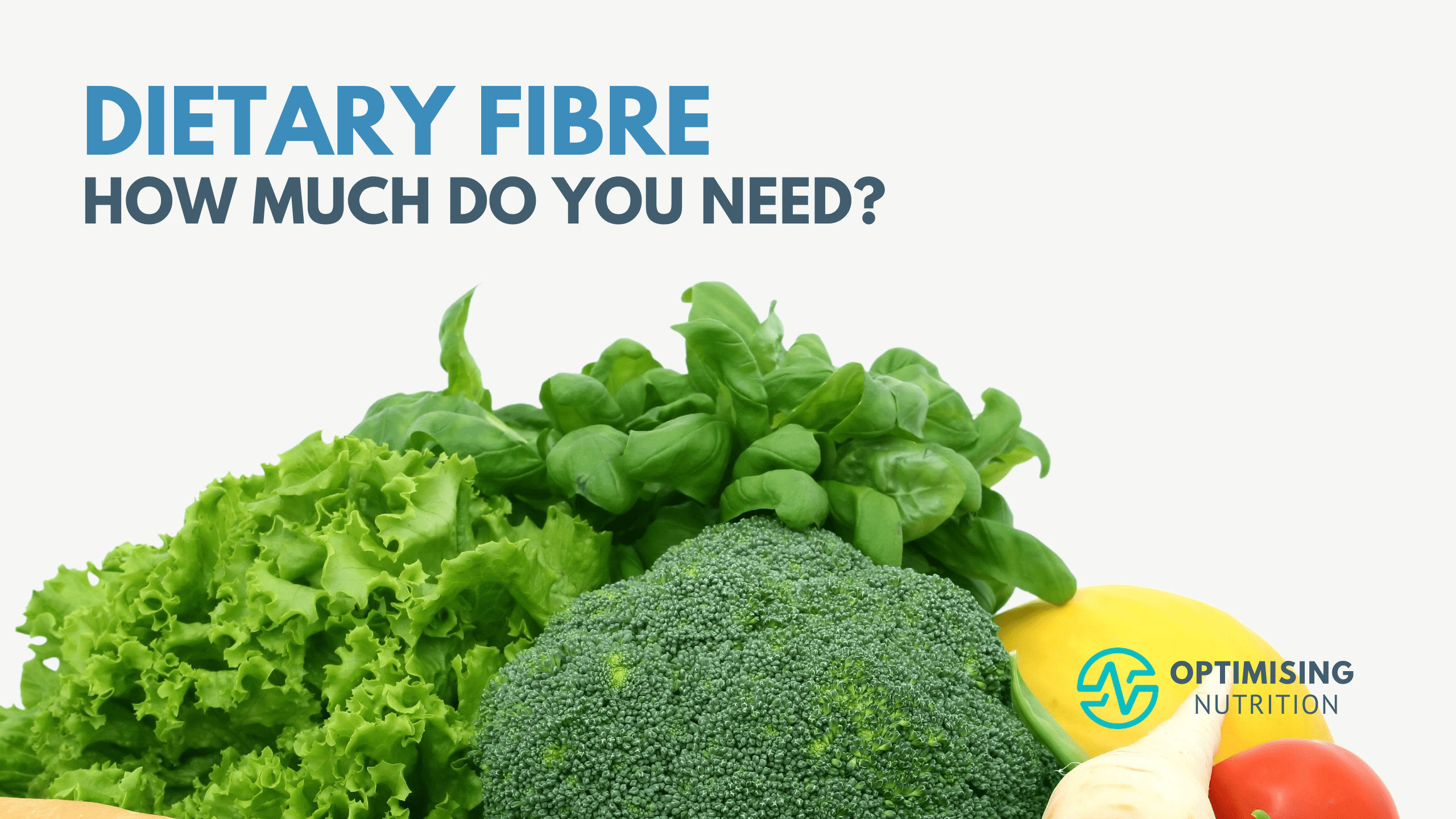Our health and energy are built on the food we eat, not only as fuel. A healthy, active lifestyle depends on eating a well-balanced, nutrient-dense diet. Our bodies receive the vital nutrients, energy, and building blocks they require for optimum performance from it. In this post, we’ll look at the value of nutrition, the fundamentals of healthy eating, and useful advice for tailoring your diet for a long and healthy life.
Recognising the Value of Nutrition:
In terms of our general health, nutrition is crucial. It has an effect on every element of our health, including both mental and physical energy. Maintaining a healthy weight, promoting cardiovascular health, and lowering the risk of chronic diseases are all benefits of proper eating. When we put nutrition first, we provide our bodies with the resources they need to flourish.
The Essentials of Healthy Eating:
A varied selection of nutrient-dense foods from several dietary groups make up a balanced diet. Try to include fresh produce, whole grains, lean meats, healthy fats, and fruits and vegetables in your meals. Every food group offers vital nutrients that support overall wellness.
In order to avoid overeating, pay attention to portion proportions. If eaten in excess, even healthful meals can cause weight gain. Eat mindfully and pay attention to your body’s signals of hunger and fullness.
Foods that are high in nutrients per calorie should be preferred. Lean proteins, leafy greens, berries, nuts, and other nutrient-dense meals offer a high concentration of vitamins, minerals, and antioxidants without adding too many calories.
Maintaining sufficient hydration throughout the day by consuming water. Digestion, circulation, controlling body temperature, and cellular function as a whole all depend on adequate hydration.
Reduce Your Intake of Processed Foods: Reduce Your Intake of Sugary and Processed Foods. These foods may cause weight gain and health problems since they frequently lack key nutrients. whenever possible, place a focus on whole, organic foods.
Treats and pleasures should be enjoyed in proportion. A balanced lifestyle includes occasional sweets, but your diet shouldn’t be dominated by them.
Practical Advice to Improve Your Diet:
Plan Your Meals: To make sure you’re choosing wholesome foods, schedule your meals and snacks in advance. To prevent spontaneous purchasing of harmful items, create a shopping list based on your planned meals.
Eat Mindfully: To eat mindfully, take your time, chew your meal thoroughly, and pay attention to the flavours and textures of your food. With this strategy, you can avoid overeating and truly appreciate your meals.
Aim to include a rainbow of colours in your diet by incorporating a range of fruits and vegetables. A variety of options helps to guarantee you’re getting a variety of advantages because different colours represent different nutrients and antioxidants.
Choose Whole Grains: Instead of refined grains, choose whole grains like oats, brown rice, quinoa, and whole wheat. More fibre, vitamins, and minerals are included in whole grains.
Put protein first: Include sources of lean protein in your meals, such as tofu, Greek yoghurt, chicken, fish, beans, lentils, and fowl. Protein is necessary for immune system health, muscle regeneration, and feeling full.
Include sources of healthy fats like avocados, nuts, seeds, and olive oil in your diet. These fats are necessary for a healthy heart, a functioning brain, and general wellbeing.
Limit Added Sugars: Keep added sugars in your diet to a minimum. Examine labels and make an effort to limit your intake of processed foods, sugary drinks, and sweets.
Cook at Home: You have greater control over the ingredients in your meals when you cook at Home. To keep your meals exciting and nutrient-dense, experiment with new recipes and investigate various cooking techniques.
Pay attention to how certain foods make you feel and listen to your body. Incorporating your body’s cues into your decision-making will help you lead a healthy life.
Keep Up with Nutrition Research and Recommendations: Stay informed. You may make educated decisions regarding your diet by being aware of the most recent nutritional research.
Seek Advice from a Professional:
Consider speaking with a licenced dietitian or nutritionist if you have particular dietary objectives or health concerns. They may offer you personalised advice based on your particular requirements, assisting you in developing a nutrition strategy that is in line with your objectives.
Optimising your nutrition involves more than just sticking to a rigid diet; it also involves fueling your body so that you can live a healthy and meaningful life. You can benefit from the advantages of a well-nourished body and mind by knowing the significance of balanced eating, practising mindful habits, and making informed decisions. Keep in mind that even minor, regular modifications to your diet can have a big impact on your general health and wellbeing. You may live a vibrant life filled with energy, vigour, and pleasure if you embrace the power of nutrition.
